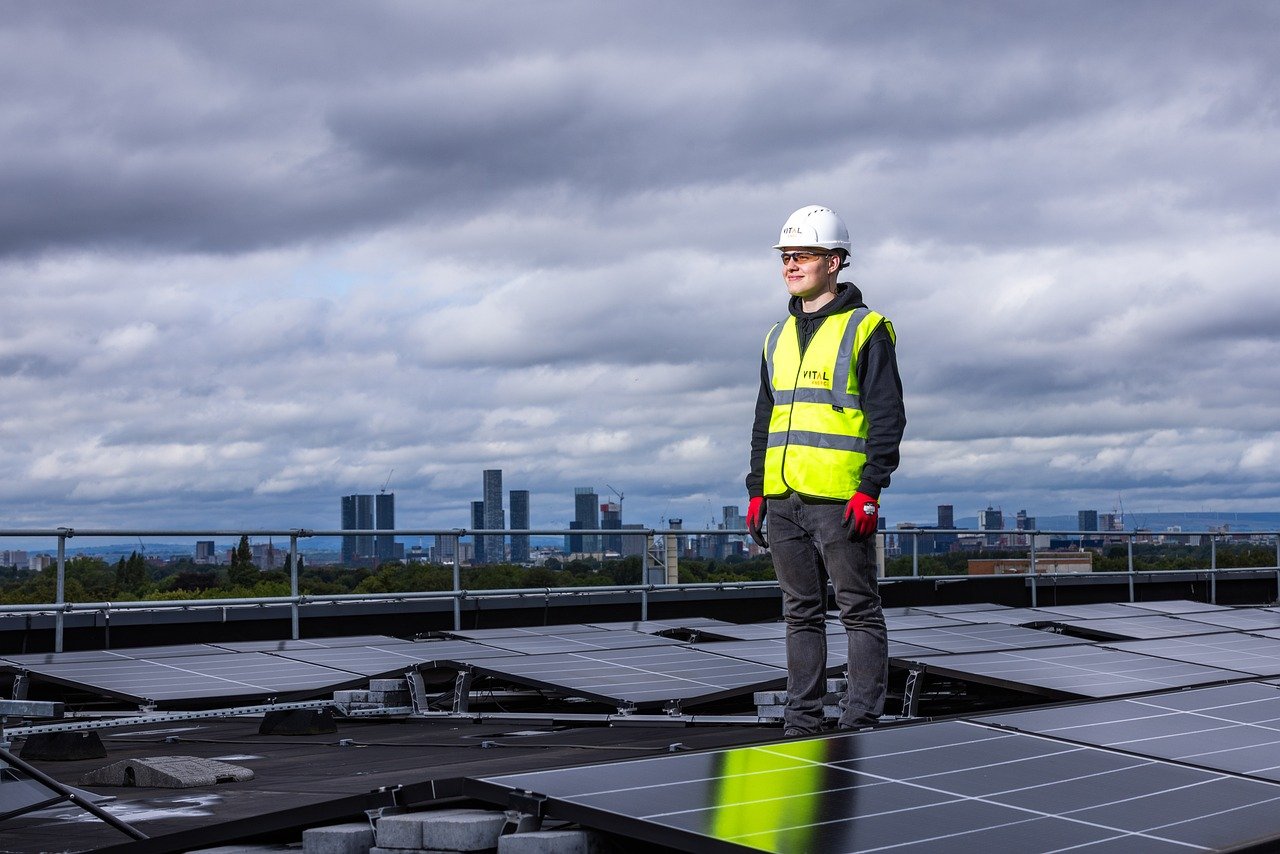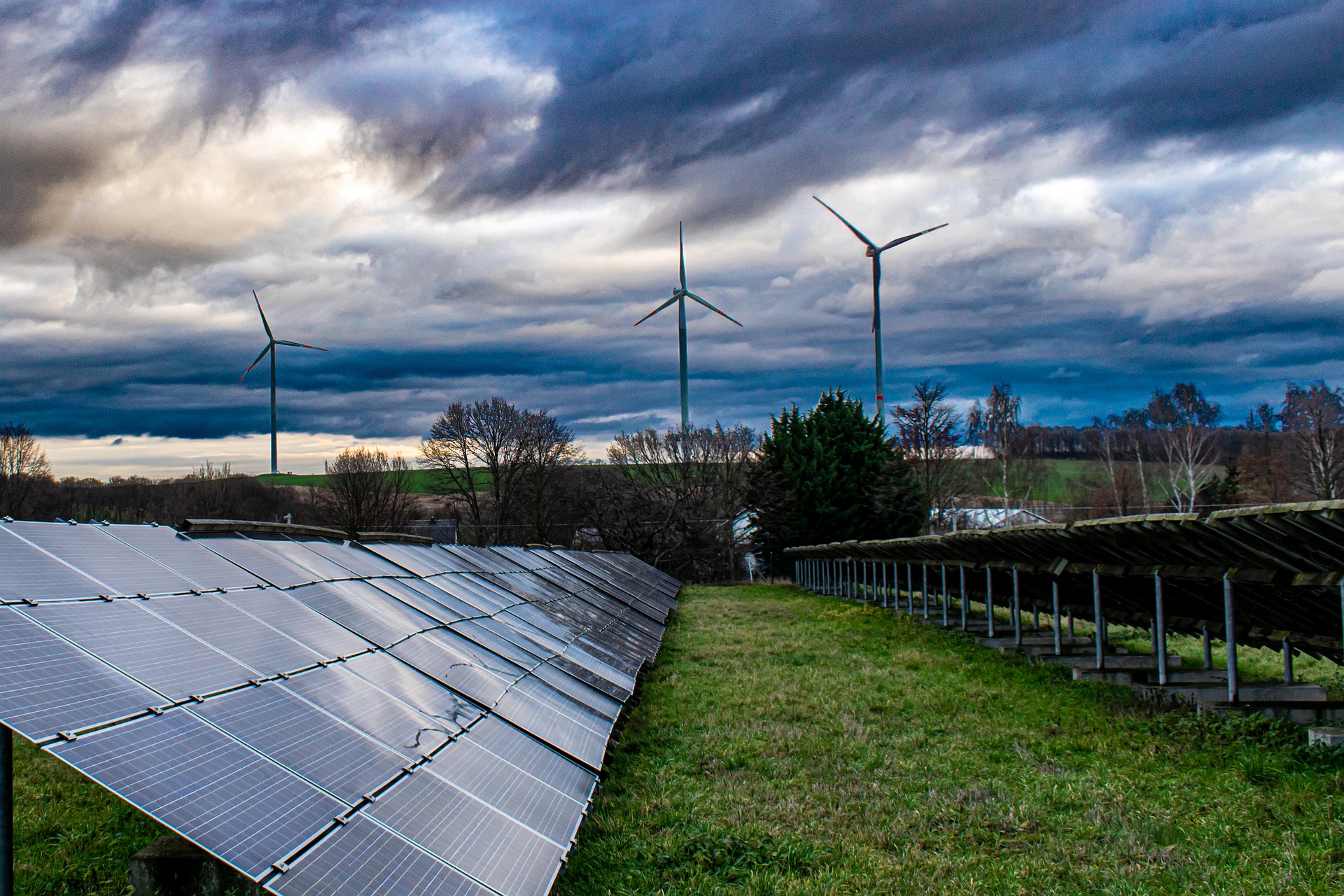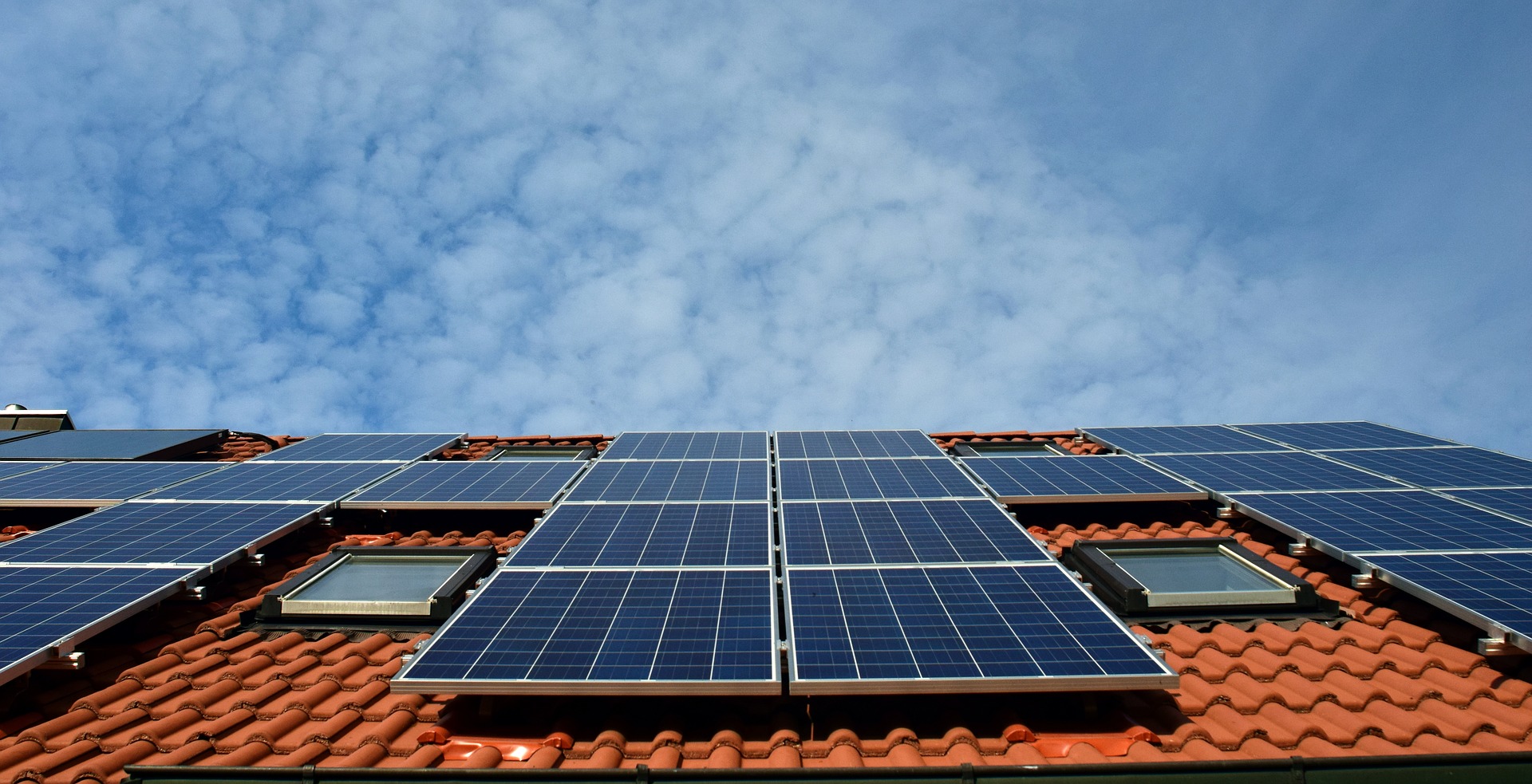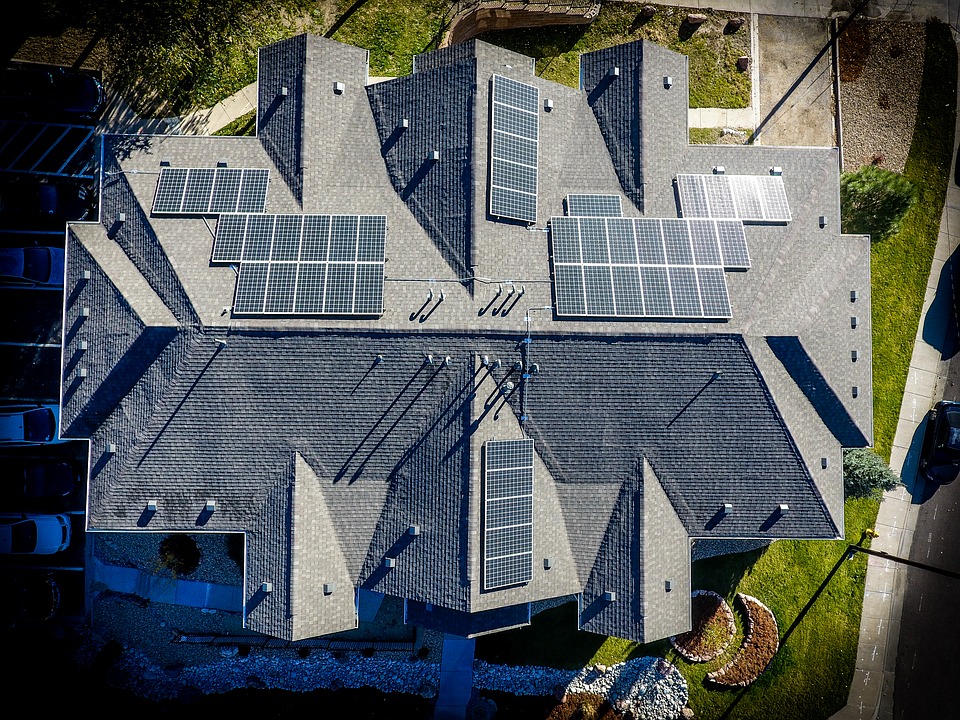
Do Solar Panels Need to Be Cleaned?
A great way to use the sun’s energy to create electricity is with solar panels. For many homeowners, they are

A great way to use the sun’s energy to create electricity is with solar panels. For many homeowners, they are

Solar panels are a fantastic method for harnessing the force of the sun to create electricity. They are an environmentally

Thin film solar roof panels are a relatively new technology that is becoming more and more popular. If you’re thinking

Solar energy is one of the best renewable energy sources available today. It is environmentally friendly, but it is also

Flexible solar panels are an exciting new technology. They have many benefits, including being flexible and lightweight. Here are seven

Non-renewable resources like oil are vanishing at an alarming rate. If we constantly use crude oil at the rate at

Installing solar panels in your home is one of the best ways of ensuring that you minimize the cost of

With the invention of photovoltaic cells, polycrystalline solar panels have dominated the solar energy industry, having provided excellent alternative energy

The use of solar panels is a great and ‘green’ way to generate energy in your home. Over the years

Traditional solar panels are bulky and often covered by glass, but this trend could be a thing of the past.